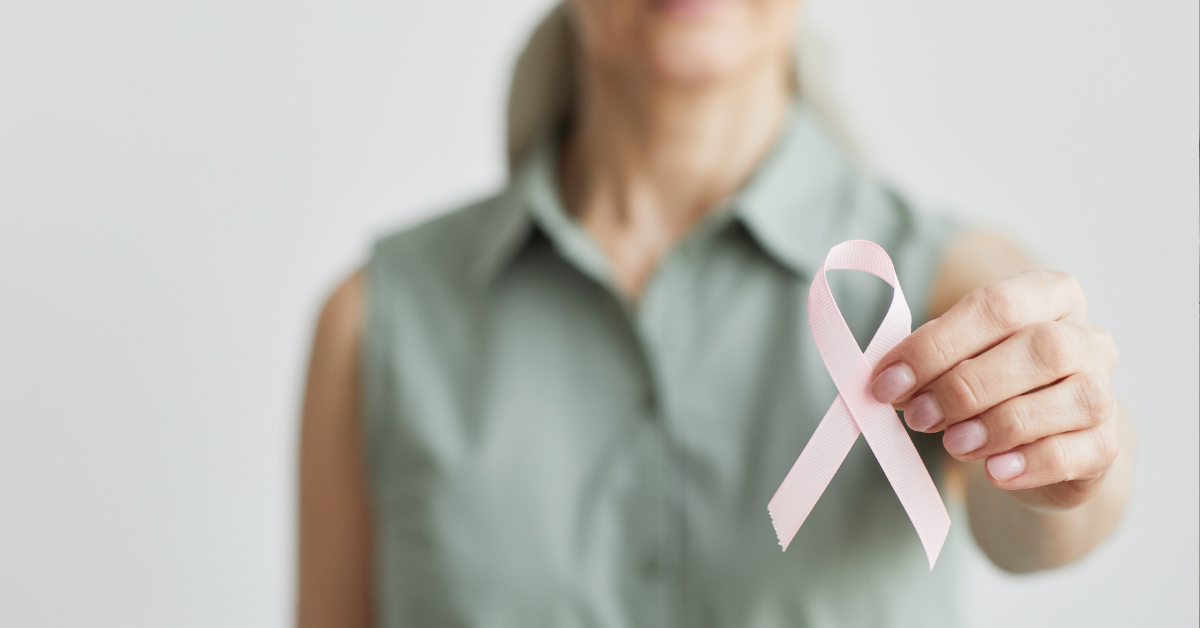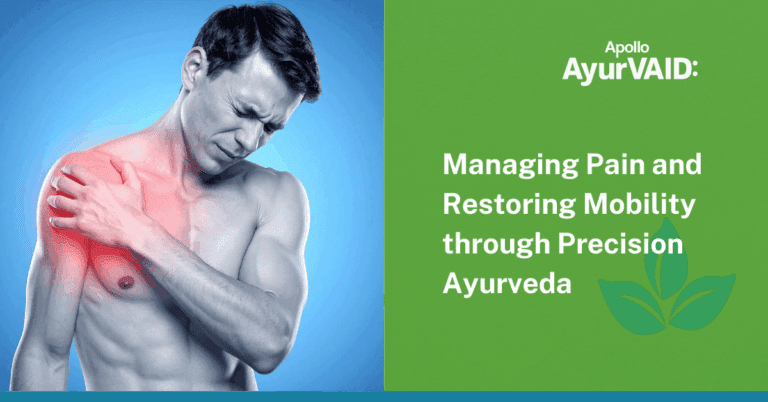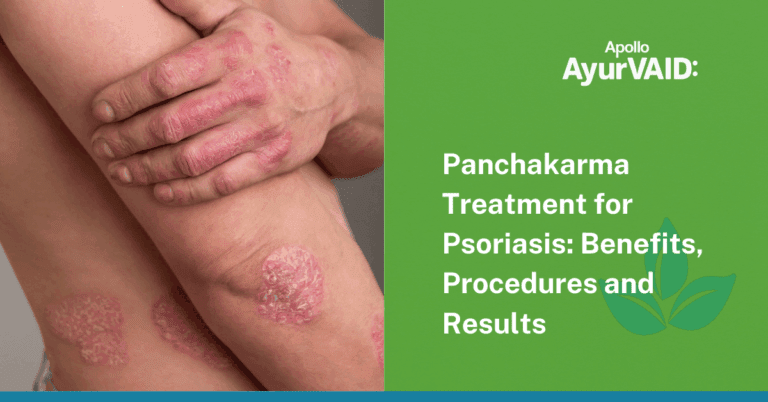Rehabilitation is a vital component of comprehensive cancer care, providing hope and practical support to patients throughout their treatment journey. It aims to help the patients regain their physical, emotional, and social well-being during and after treatment. Along with conventional cancer care, Ayurveda serves as a complementary healing method for improving patient wellness through cancer rehabilitation. It is a comprehensive approach, beginning with risk assessment and targeting recovery and maintenance through diet, lifestyle changes, and Panchakarma therapies. It is a multi-disciplinary one-stop solution for cancer rehabilitation in which various healthcare professionals from diverse streams can tackle the unique problems of cancer patients. There are 6 major stages of Cancer or Oncology rehabilitation in Integrative Cancer Care (ICC): Primary Risk Prevention, Secondary Prevention, Adjuvant Care, Tertiary Prevention, Cancer Survivorship, and End-of-life Care.
In cases of breast cancer rehabilitation, there will be more frequent instances when the patients require some specialised care during the time of recovery.
In this blog, let’s discuss how Ayurveda, specifically AyurVAID, developed Integrative Cancer Care (ICC): the merging of Ayurveda with conventional cancer therapies that offers enhanced outcomes with a quality lifestyle for the patients.

Cancer Rehabilitation – Integrative Approach
Various research studies have evidenced that interventions which emphasise symptom control and quality of life will likely result in better treatment outcomes. Cancer rehabilitation employs physiotherapy and Ayurveda, providing an integrative approach. Physiotherapy restores mobility, strength, and function after treatment, whereas Ayurveda improves overall well-being through Panchakarma, diet therapy, herbal medicine, and lifestyle modification.
Cancer rehabilitation physical therapy employs numerous techniques tailored to the needs of patients (including breast cancer rehabilitation). These may include therapeutic exercises, manual therapy, electrotherapy, laser therapy, and psychosocial interventions. These mechanisms are integrated with Ayurveda to provide a complete recovery and uplift the quality of life of a cancer patient. They enhance strength, flexibility, endurance, and mobility after surgery.
This integrative approach addresses pain, fatigue, and emotional distress in cancer patients. It also aims for better patient outcomes and a more comprehensive rehabilitation experience that provides monitoring, reduces the risk of cancer relapse or spread, and removes residual symptoms.
Role of AyurVAID in Rehabilitation
AyurVAID’s ICC is an integral part of cancer rehabilitation. It predicts the likelihood of developing side effects of treatment, relieves residual symptoms such as fatigue, pain, or gastrointestinal problems
- Decreases the likelihood of recurrence or cancer spread
- Treats the physical and emotional aftereffects of chemotherapy
- Facilitates functional independence and quality of life
- Assisting management of late side effects
- Aiding emotional health and adjustment in lifestyle
- Encouraging regular follow-up
- Facilitating durable strength and vitality.
After consulting the primary oncologist, the treatment plan is customised according to the patient’s condition. We address inflammation and immunity, a host-centric approach emphasising morale-boosting, and addressing comorbidities.
Panchakarma therapies like Abhyanga, Shirodhara, and Swedana help to combat the side effects of chemotherapy and radiation, besides enhancing the quality of life. Overall outcomes are positive when Ayurveda is coupled with standard cancer treatments. Clinical trials also demonstrate the benefits of integrative approaches.
Key roles include:
Conclusion
Ayurveda is a complementary science to cancer rehabilitation and holds evidence-based treatments when incorporated with conventional therapy, leading to better outcomes. AyurVAID ICC is about individualised treatment programmes that comprehensively deal with physical and emotional healing. Panchakarma therapies, dietary changes, and internal medicine help counteract side effects caused by chemotherapy and radiotherapy and improve quality of life.







